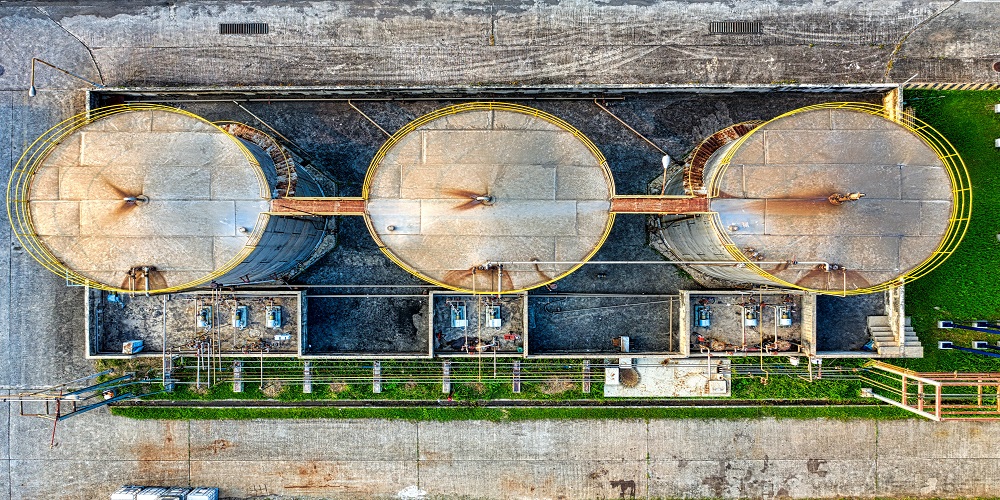Your new septic system installation is a significant part of your home. This remote system might not be something you think about daily, but it works round the clock to manage all the waste your household generates. However, to avoid unwanted situations like unpleasant odours, expensive repairs, and potential health risks, you must ensure it functions well.An integral part of ensuring its functionality is preventing the septic tank from overflowing. An overflowing tank is not just a nuisance; it’s a sign that your system isn’t working as it should. The good news is you can avoid this situation by following some simple, practical steps. This article will provide easy-to-understand guidelines on how to prevent your septic tank from overflowing.

Your Water Usage Affects Your Septic System
Every drop of water you use in your house ends up in your septic tank. Reducing water use is an excellent way to prevent an overflow. Shorter showers, fewer toilet flushes, and full loads of laundry can help. Also, fix any leaks right away. Even a slow drip adds up over time.
Regular Inspections Keep Your System Healthy
Having your septic system checked by a professional every 1-3 years is smart. Inspections can catch minor problems before they become big ones. It will save you from a messy overflow and high repair costs. It’s like going to the doctor for a check-up – prevention is better than a cure.
Proper Disposal of Waste Helps Avoid Blockages
Not all waste should go into your septic system. Some things can cause blockages and overflows. Avoid flushing items like diapers, wipes, and feminine hygiene products. The kitchen sink isn’t a trash can. Avoid sending food scraps, grease, and oils down the drain. Compost or throw these in the garbage instead.
Pumping the Tank Regularly Prevents Overflows
One of the most critical tasks in septic tank maintenance is regular pumping. Over time, solids build up in your septic tank. If left unchecked, these solids can cause your tank to overflow. Pumping your tank every 3-5 years is usually enough to prevent this. Of course, the frequency can vary depending on the size of your tank and the number of people in your household. It’s always best to consult with a septic system professional.
Healthy Bacteria Are Good for Your Septic Tank
Your septic tank needs good bacteria to break down waste. These bacteria work hard to keep your septic system running smoothly. But some household chemicals can kill these helpful bacteria. It’s essential to be mindful of what you put down your drains. Harsh cleaning products, bleach, paint, and medications can harm your septic tank’s bacteria. Instead, opt for septic-safe products. Look for cleaners that say “septic safe” on the label. These products will help to maintain a healthy environment inside your septic tank.
Conclusion: A Well-Maintained Septic System is a Happy Septic System
Taking care of your septic system is easy. Small changes like using less water, regular inspections, and careful waste disposal can make a big difference. Remember, a well-maintained septic system is a happy septic system.
Finally, we encourage everyone to treat their septic system with care. When you look after it, it will serve you well for many years. Start today and avoid the hassle of a messy overflow. Your septic system and your wallet will thank you!
